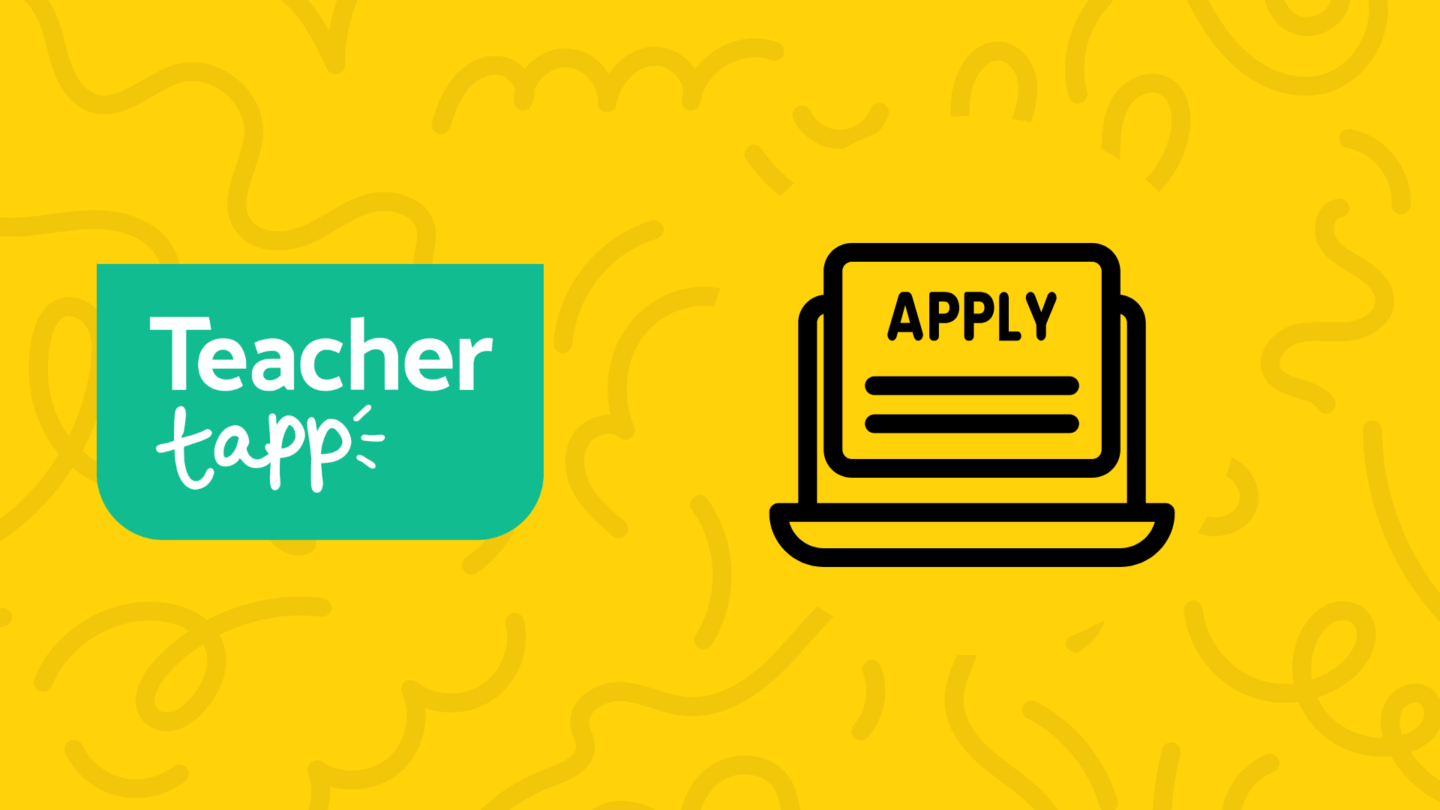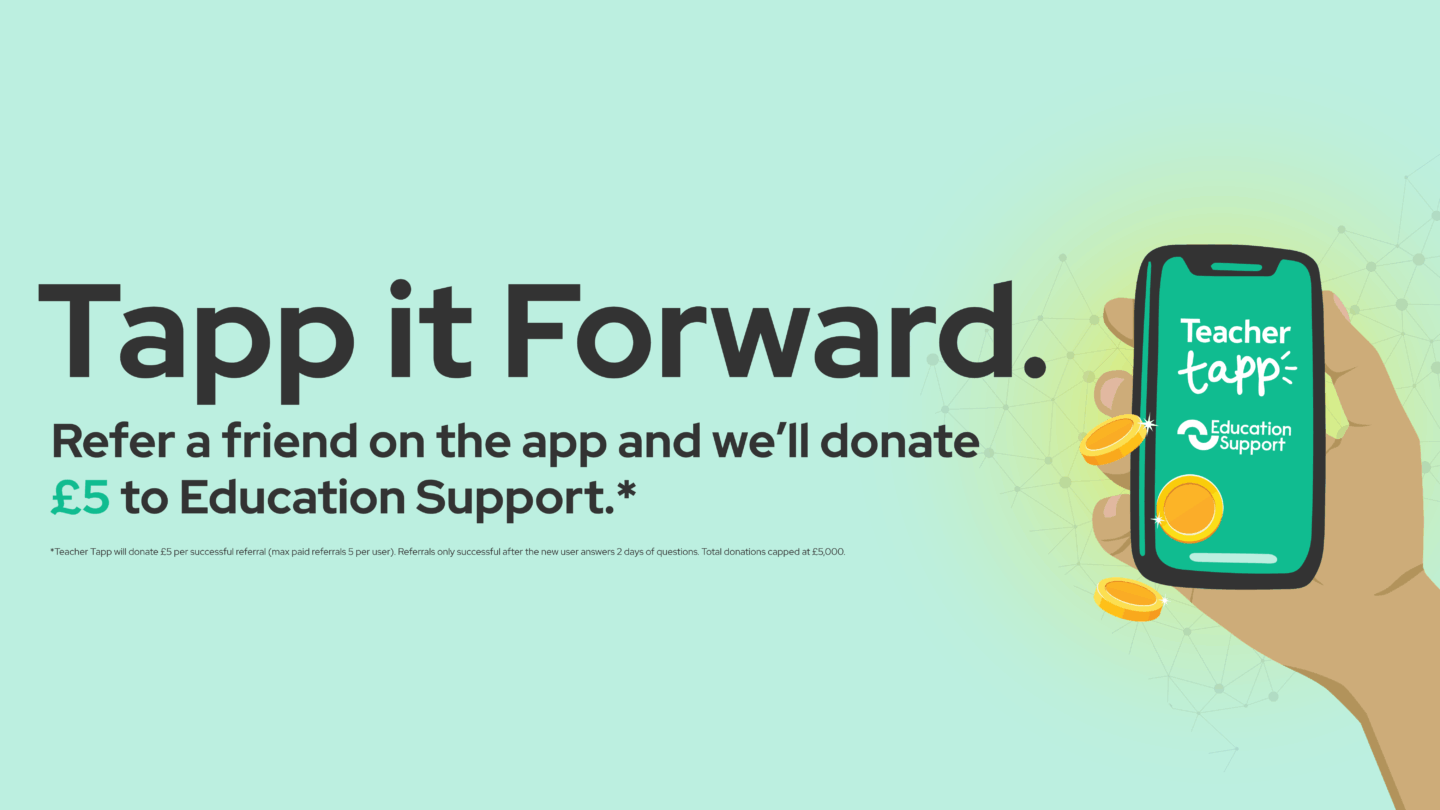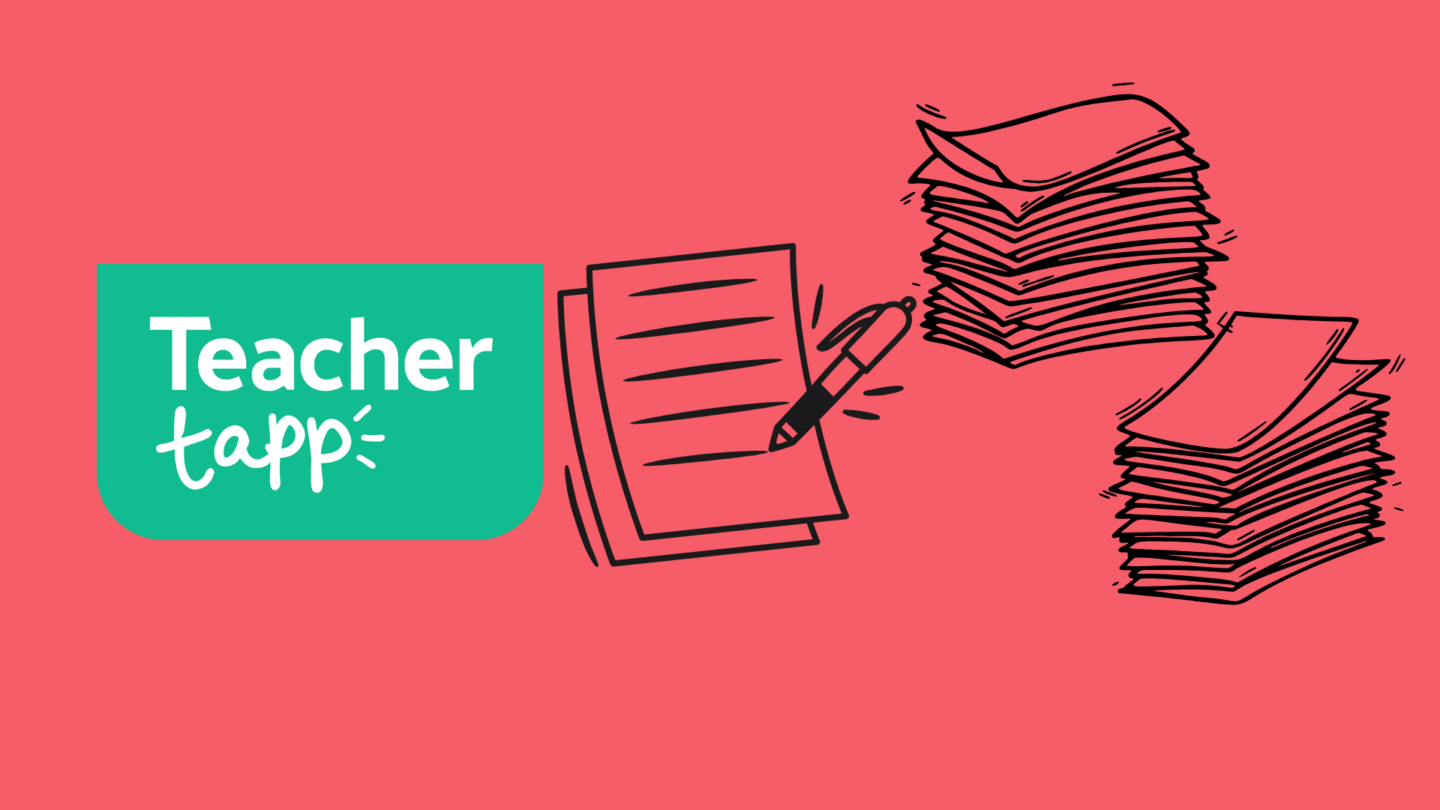Over the last year, Teacher Tapp and Gatsby Foundation have been asking Early Career Teachers (ECTs), their mentors and senior leaders how the new Early Career Framework (ECF) is working for them. This new framework was introduced to all schools just over a year ago and seeks to improve early career support and development for teachers, by extending the period of support to two years and by offering a package of mentoring, training and self-study materials.
Most new programmes have some teething problems, and the ECF is no exception. Whilst most mentors said there were positive aspects of the framework – for example that it increases ECT knowledge and offers good guidance, a majority of mentors said that it adds too much to everyone’s workload and isn’t able to meet the individual needs of teachers well.
So, what can we do to make the Early Career Framework work better?
Review overlapping materials between initial teacher training and the early career framework
As teachers, we know that having opportunities to return to ideas is important to support retention and application of knowledge in the classroom. However, it seems that there may be too much repetition between initial teacher training and the Early Career Framework because only a very small number of ECTs felt they were learning a lot of new content from the framework.

Adapt framework to suit specialist subject and phase needs
Just 2% of mentors and 4% of ECTs say that the self-study material they have used has been specialised to their subject or phase. This is a key area in which both groups feel improvements need to be made, with half of ECTs saying that further specialisation of self-study material should be a priority. Further specialisation of external training was also raised by a third of mentors, who also wanted further professional development to help them deliver the ECF.

Improve rather than scrap the framework
Despite complaints, mentors and senior leaders are generally supportive of the concept of the ECF, with just one-in-ten saying they would entirely scrap the reforms. Instead, they want schools to have a much greater role in designing ECT provision, alongside greater flexibility in adapting existing programmes to suit individual ECT needs.

Perhaps most decisions to stay or leave the profession won’t be affected by the framework?
One of the goals of the Early Career Framework was to increase the retention of Early Career Teachers through high-quality professional development. The responses of ECTs and mentors suggest it may not, as yet at least, have much of an effect on retention overall.
Would an improved framework do a better job of helping teachers stay in the profession? Perhaps, but it may be unrealistic to expect a professional development framework to substantially alter how manageable teaching is in the early years. Teaching is difficult and we expect new teachers to swim in the deep end from day one – a professional development programme cannot change this reality!

Where to read more…
You can read our report on the Early Career Framework by clicking here.





